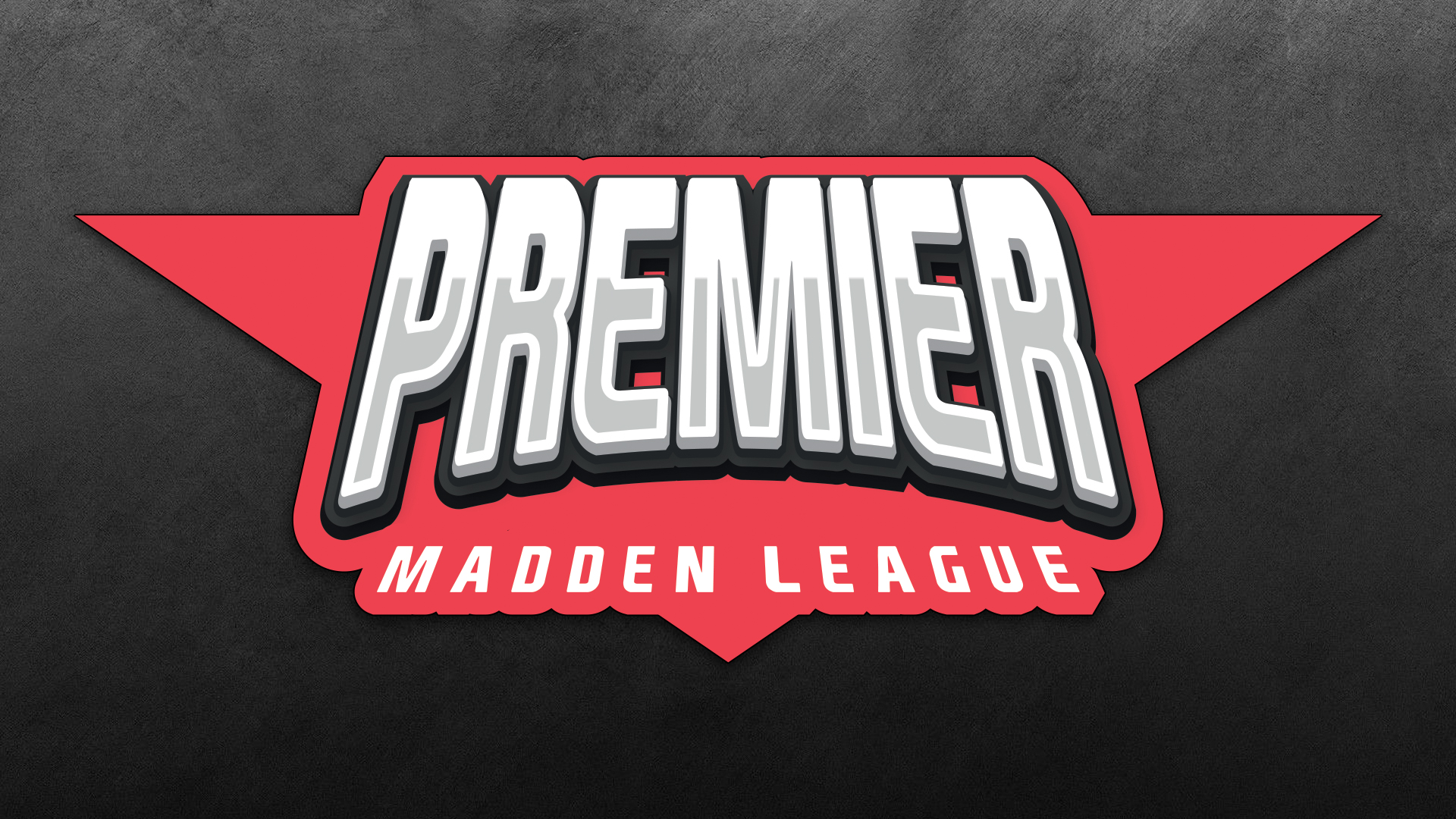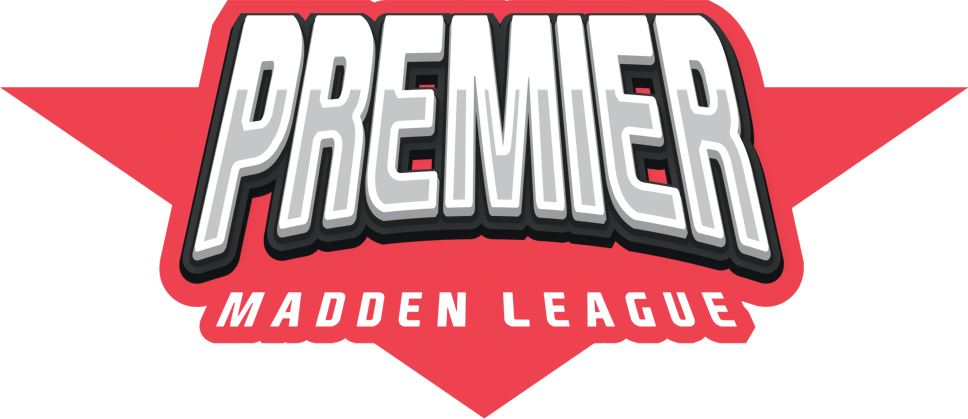The majority of your team is under the age of 26. Is that a conscious effort to have such a young team?
Age is just a number in this league. What we’re really focused on is finding the best football players who fit our system and culture—guys who love the game, prepare the right way, and can execute at a high level. It just so happens that a lot of those guys for us right now are under the age of 26.
We’re fortunate to have a strong blend of youthful energy and veteran leadership. Our vets set the tone, but what’s been impressive is how many of our younger players have stepped into leadership roles themselves. That speaks to their maturity and their talent level. They’re not waiting their turn—they’re earning it.
It’s not about trying to field a young team for the sake of it. It’s about building a roster that can compete now and continue to grow together over time. When your young guys are producing at a high level and pushing each other, that creates natural continuity. They’re developing chemistry, learning through experience, and laying a foundation we can build on for years to come.
So no, it’s not some master plan to be the youngest team—we just want ball players. And right now, the guys standing out for us happen to be young, hungry, and ready for the spotlight.
How would you assess where your team is near the halfway point of the season?
At the halfway mark, I’d say we’re in a solid position, but far from satisfied. We’re sitting at 6-2, third in the NFC, and leading the NFC South, so from a standings perspective, we’re right where we need to be. But we know it’s a long season and nothing is handed to you in the PML. Every week is a battle, and the margin between winning and losing is razor thin.
That Chargers game still stings. Any time you have a 21-point lead, you expect to close that one out. Credit to them—they executed in big moments, converted on multiple fourth downs, and found a way to steal one late. Those are the types of games that keep you up at night as a coach. And the Minnesota loss? They flat out came to play. They had a chip on their shoulder after what happened last year, and they hit us in the mouth from the opening snap. That’s a reminder that past success doesn’t carry over—you’ve got to earn it every time you step on the field.
We’ve been dealing with more than our fair share of injuries, and not just short-term ones. We’ve had multiple key guys out for extended stretches. That’s tested our depth, tested our resilience. But we’ve responded the right way. The next-man-up mentality isn’t just a slogan around here—it’s a standard.
So going into the bye, we’re in a position we can build from. We’re in the hunt, we’re atop the division, and we’ve laid a strong foundation. But now it’s about getting healthy, tightening the screws, and preparing for the stretch run. We’ve got a tough slate ahead, and we can’t afford any lapses like the one against the Chargers. If we stay focused, stay hungry, and keep playing complementary football, we like where this team is headed.
What did you learn about your team’s capabilities from the matchup with the Cardinals?
What we learned from that matchup with the Cardinals is simple: perseverance defines this team. We went down two scores not once, but twice in that game. That’s the kind of adversity that can break some teams, especially on the road or in a hostile environment. But our guys never flinched. We stayed the course, trusted our preparation, and made the plays when it mattered most.
There was a critical moment—4th down on our own side of the field, down two scores—and we didn’t blink. That’s belief. That’s trust. Clutch players stepped up and delivered in clutch moments, and that’s the kind of resolve you need if you want to compete in this league deep into the season.
The biggest takeaway for me was seeing the team rally around each other when things weren’t going our way. Nobody pointed fingers. Nobody panicked. We leaned on each other, stayed committed to our identity, and fought our way back into it. That’s what good teams do.
If we keep that same mindset—believing in ourselves, in our system, and in each other—we’re going to give ourselves a chance every single week. That game showed us that we’ve got the heart, the grit, and the togetherness to fight through the tough ones.


